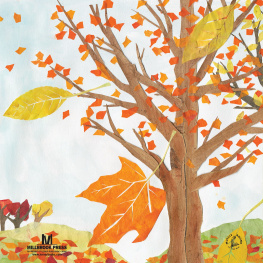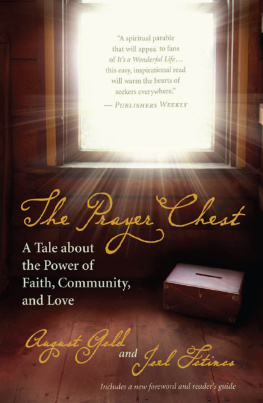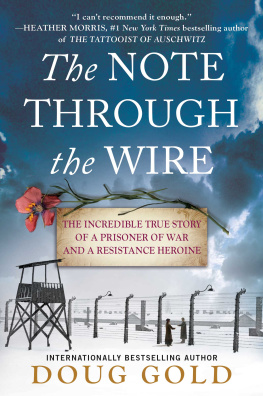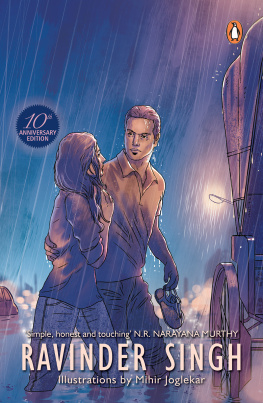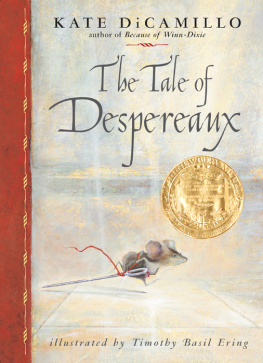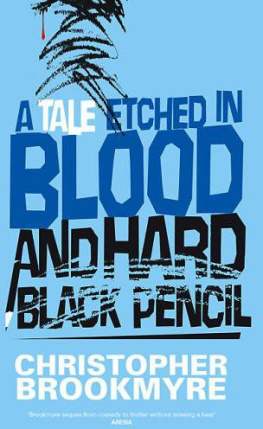Mirza Waheed was born and brought up in Kashmir. His debut novel, The Collaborator, was shortlisted for the Guardian First Book Award and the Shakti Bhat Prize, and longlisted for the Desmond Elliott Prize. It was also book of the year for the Telegraph, New Statesman, Financial Times, Business Standard and Telegraph India. Waheed has written for the BBC, the Guardian, Granta, Al Jazeera English and The New York Times. He lives in London.
I have fallen on the burning coals of the mulberry-woods.
A terrible beauty is born.
Faiz
The light-bulb in the room is of low voltage. A pale, sad light they cannot afford high-voltage lamps for each of the eighteen rooms is, has been for more than a year, his sole companion as he paints deer, lions, cypresses, tall rose bushes, chinar leaves, Mughal princes on hunting trips with their high elephants, on the pencil boxes that Mustafa Peer, the handicrafts middleman, wants finished and delivered in a month. Five hundred boxes in thirty days. Eight rupees per piece. The slender boxes will go to a buyer in Delhi who will then ship them to an art & crafts dealer in Calgary in Canada, 9.99 dollars apiece at Christmas. Faiz, smoking his Four Square tens in halves, melts his fingers into each figure. He could simply buy his own lamps but he has come to love this peculiar pastel glow. Also, he does not want his to be the only room with bright light.
Faiz shares what his little sister Farhat calls the financial burden of this large family three sisters, three brothers, eldest brother Mir Zafar Alis wife and three children, all of whom are older than Faiz, and his mother, Mouj through his handicrafts work, and on most days, derives satisfaction and meaning from this role. He was never really forced into it: various attempts to keep him at school failed, as he preferred to run to the nearby swamp of Dembh to play marbles, which soon turned to card games, and then to only slightly serious gambling. He was good at it, and often used the winnings to watch Bombay sagas at the Shiraz Cinema in Khanyar, walking distance from their home in Khanqah where they have always lived, since the beginning, from the time their ancestors the Shahmiris, it is said, owned exactly forty-four houses in the area but lost them gradually by paying for weddings of poor girls. Such was the dread that the government middle school filled in a young Faiz, its building, its dark classrooms, its memorably coarse jute mat, and its oppressive teachers, that at least on three occasions he buried his books in the marshy soil of Dembh, each time claiming he had lost his schoolbag while playing cricket after school. Mir Zafar Ali, silenced by the grief it caused him to see his fathers wish that the youngest of the brothers get the highest education, and his own dreams he had, after all, named Faiz after the great Pakistani revolutionary poet Faiz Ahmed Faiz buried in the swamp, emerged heartbroken and quietly angry after a weeks consternation in the house. It is often said in the neighbourhood that the older brother, the sole breadwinner at the time, had no choice but to send Faiz to the Gulfarosh Handicrafts Workshop, owned and run by the legendary papier-mch artist and venerated orator of elegies, Sadat Beigh Shirazi. Yes, the same master-craftsman whose art adorns the ceilings of all the major shrines and some of the oldest houses of Kashmir, whose three-letter signature no one could copy even as they copied his art, and whose masterpiece, a flower vase that hed spent seven years painting with 22-carat gold dust, had so charmed the houseboat-loving American diplomat J. K. Galbraith that he had insisted Shirazi come to America as a guest of the State Department and paint a wall in the Oval Office. What Shirazi had said in response is still a matter of pride for all papier-mch artisans of the Valley. Respected sir, I warm my paint over the little coals of a kangri. You wont be able to keep or afford one in your White House.
In a more generous version of the story behind Faizs difficult and short-lived education, it is said that Mir Zafar recognized the artistic talent of his youngest brother quite early and did the right thing by not forcing the boy to go to school, so that he could hone his talent and start making a living as an artist soon, rather than wait for ever for a lowly government job. Zafar Sab has never spoken about the matter, so we do not know what really happened.
What we do know is that a year after Faiz had started at Gulfarosh Handicrafts, Mir Zafar Ali took a substantial loan from Shirazi against Faizs future output as a papier-mch artist.
Faiz spent ten years at the workshop, graduating from an apprentice to junior master and, eventually, the lead artist among Shirazis disciples and, it must be noted, the fastest hand in the land. Faiz can unleash a thousand nightingales from his brush in a single night of work. And yet he has never thought of himself as a bonded painter-slave.
His gaze fixed on the orange and green paint on his nails, Faiz thinks of freedom today. Of air.
When he was ten, he used to go to the ghat for daily swims, lancing through the quick brown waters of the Jhelum to be among the first to emerge at the opposite bank. (He always swam alone, away from the row of racing boys.) Before going home, he would dry himself on the riverside balcony of the Shrine by the ghat. He would make sure he entered through the tall deodar gates at dusk, so that he did not invite too much notice. Mir Zafar, of course, always knew and would often find himself torn between allowing his little brother his playtime and disciplining the boys reckless spirit.
Faizs mother, bent under her day-long work in the house, among them cooking for twelve mouths, would often set aside, and sometimes still does, a large bowl of rice and red beans and the biggest piece of meat on Saturdays for her sons never-satisfied appetite.
But never before in her forty years of running the Mir kitchen has she faced such paucity of means as now. Seeing her youngest bring home money fills her with pride but also with a vague sense of regret. When she had come into the Mir household as a sixteen-year-old bride, second wife to the grand Mir Mohammed Ali, the sole heir to the house and its riches, both material and spiritual, and fabled artist-trader of Shahtoosh paisleys and fine silk saris, she had, for obvious reasons, taken for granted a lifetime of affluence. Now, in her grey years, she spends most of her time in a kitchen where the only sign of affluence is the enormous vault of copper- and silverware that is opened on festivals or if the Mirs have a revered moulana over to recite from the Qurn.



